Translations and Transitions: Legal Practice in 19th Century Japan, China, and the Ottoman Empire
Max Planck Research Group | Funding period 2017-2022
File size: 111 kB
About this project
Japan, China and the Ottoman Empire are three countries that experienced massive Western pressure in the 19th and early 20th centuries. Although never colonised, they were deprived of full judicial sovereignty by a regime of consular jurisdiction. In all three countries, the confrontation with the Western powers on unequal terms became the starting point for a fundamental reorganisation of the legal system.
The Max Planck Research Group ‘Translations and Transitions. Legal practice in 19th century Japan, China, and the Ottoman Empire’ conducted five years of research on exactly these reform processes. So far, for all three countries, the reforms had mostly been analysed only in the framework of the respective national legal history. An entangled and comparative perspective was largely lacking. By studying the experiences of the three countries isolated from each other, legal historians failed to analyse the reform processes within 19th century’s asymmetric globalisation of Western law with its complex dynamics, agencies and alliances. The idea behind the Research Group was to question this historiography and to explore the potential of a truly comparative and connected history in a close collaborative research setting.
For additional information, see the Group's description here.
Introducing the case studies
The fundamental principle of the group’s work organisation was that each member of the group worked on a case study as a research individual project that would also contribute to a broader picture of 19th and early 20th centuries’ legal transformations.
- Murat Burak Aydın, Joseph Wang, Zheng Li and Lena Foljanty worked in their case studies on the transformations of legal practice in the Ottoman Empire, China and Japan.
- Zeynep Yazici Çağlar contributed with a nuanced study on the debates on legal education in two European countries that served as models in the three research contexts just mentioned.
- Egas Bender de Moniz Bandeira and Zülâl Muslu systematically analysed the entanglements between the different countries by focusing on the Japanese influence on Chinese legal education on the one hand and on international law and extraterritorial justice as a common experience of all three countries on the other hand.
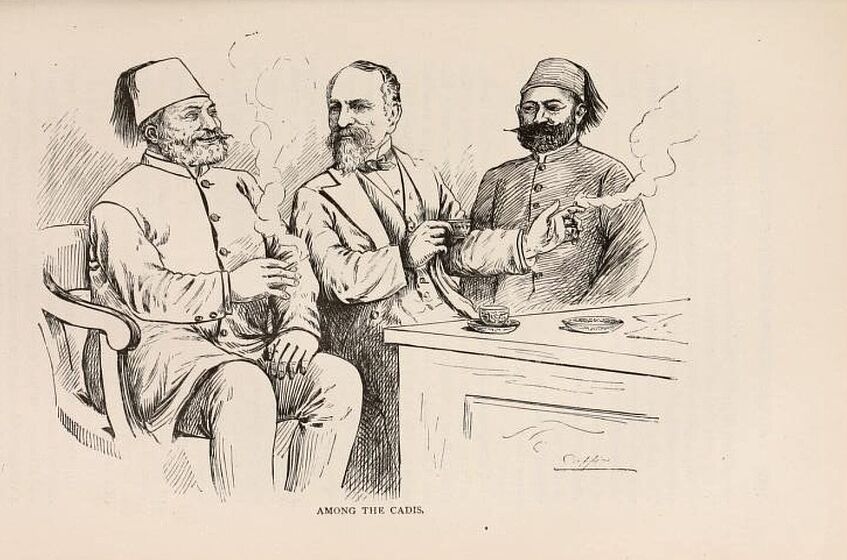
- Completed PhD Project by Murat Burak Aydın
- In the late 19th century, the Ottoman Empire introduced significant legal reforms, including new procedural codes and Nizamiye courts modeled on the French system. These courts, handling cases outside Sharia jurisdiction, operated under a mix of French civil procedure and codified Islamic law. A key focus is how these changes affected judges' roles and parties' responsibilities. Written evidence, previously considered marginal in Islamic legal practice, gained equal status with oral evidence, and written proof became mandatory for claims exceeding 5000 piasters. This shift reflected broader legal and economic changes. The study relies on Nizamiye court records and additional sources like legal commentaries and bureaucratic correspondence.
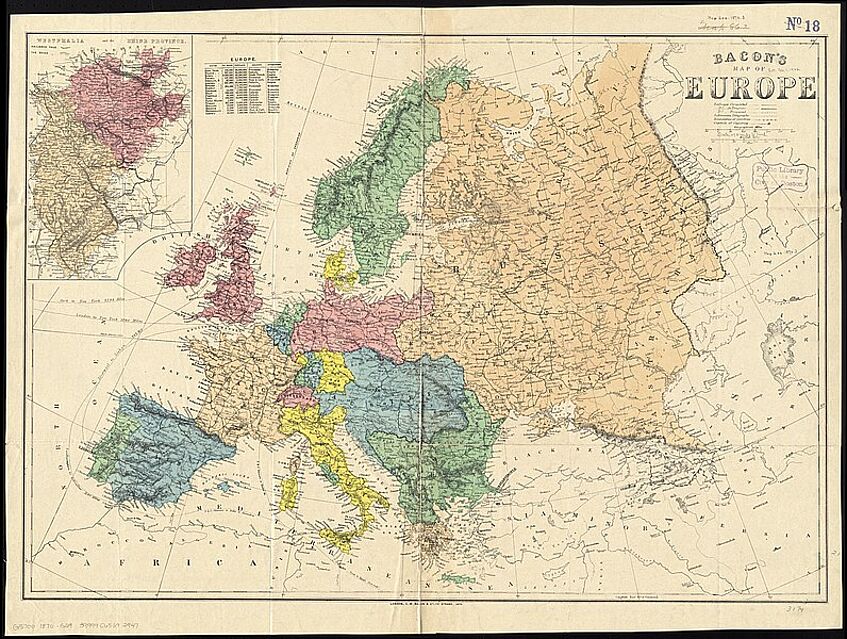
- Completed PhD Project by Zeynep Yazici Çağlar
- The 19th century saw constant legal reforms, with England and Germany pursuing different approaches to legal education. In England, reforms were driven by the legal profession, while in Germany they were state-controlled, building on a tradition of scientific legal education. Both systems adapted curricula, introduced exams, and redefined professional identity. A key figure in this process was the "ideal judge," particularly in superior courts, influencing national and global legal developments. This concept shaped 20th-century legal narratives, including judges' roles during the World Wars and in supranational bodies like the EU. The study analyzes legal journals and institutional changes to understand this transformation.
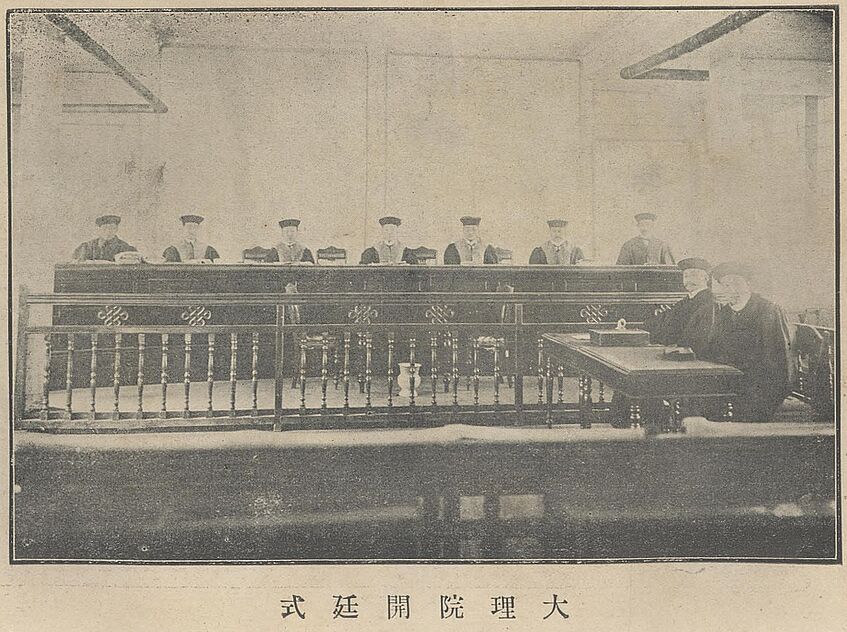
- PhD Project by Joseph Wang
- In the late Qing Dynasty (since 1902), legal reforms sought to adopt foreign codification to prevent collapse, but entrenched customs and political inertia hindered progress. After the dynasty fell in 1912, the Republic of China implemented a "dual" legal system, retaining parts of the Qing Civil Code while adopting a new Criminal Code. This approach reflected the political complexities of the transition and the tensions between imported legal ideals and traditional customs. The study examines 253 appellate court decisions on marriage-related cases in Beijing (1913–1927) to trace evolving legal practices. It explores how courts applied the dual code, the influence of Dali Supreme Court judgments, and judges’ roles in reconciling legal reforms with societal traditions. By analyzing archival sources, the research sheds light on the interplay between law, judicial decision-making, and shifting social norms.
Shenyuan: redressing injustices in China during 17th century and the first half of 20th century
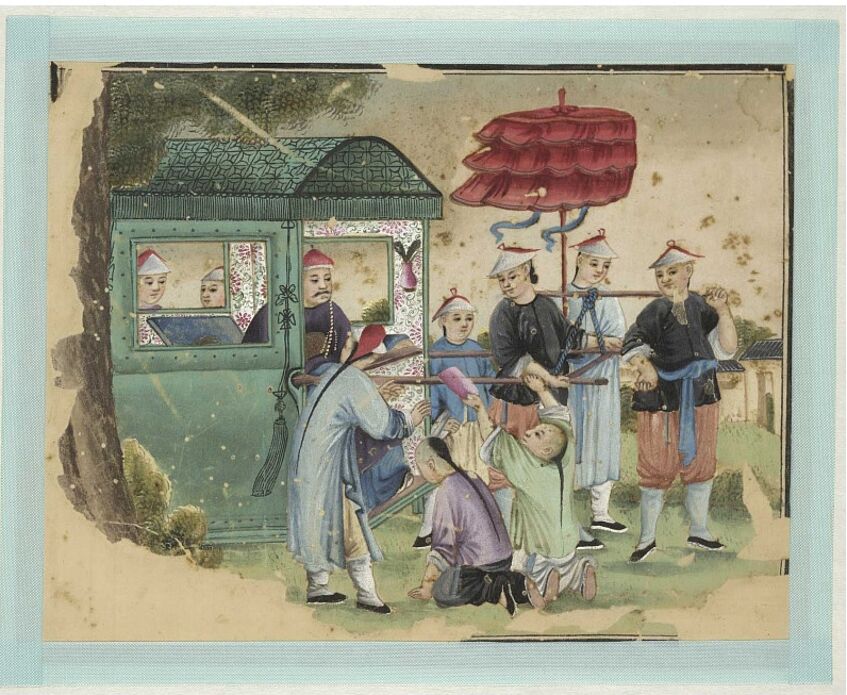
- PhD Project by Zheng Li
- This PhD thesis explores the concept of injustice (yuan, 冤) and its redress (shenyuan, 伸冤) in China during the late Qing dynasty and early Republic of China. It first examines the traditional meanings of injustice in Chinese legal culture and traces their evolution during modernization, influenced by Western legal thought. By analyzing dictionaries, translations, and legal texts, the study explores how a modern Chinese concept of injustice emerged. It also investigates practices of redressing injustice, focusing on how individuals sought justice through official authorities, religious figures, and private mediation. Using sources like newspapers, popular literature, and personal writings, the research examines how personal suffering was expressed and connected to public sentiment. Finally, it considers how emotions shaped legal transformation amid the clash between traditional Chinese rites (li, 禮) and Western legal principles (fa, 灋).
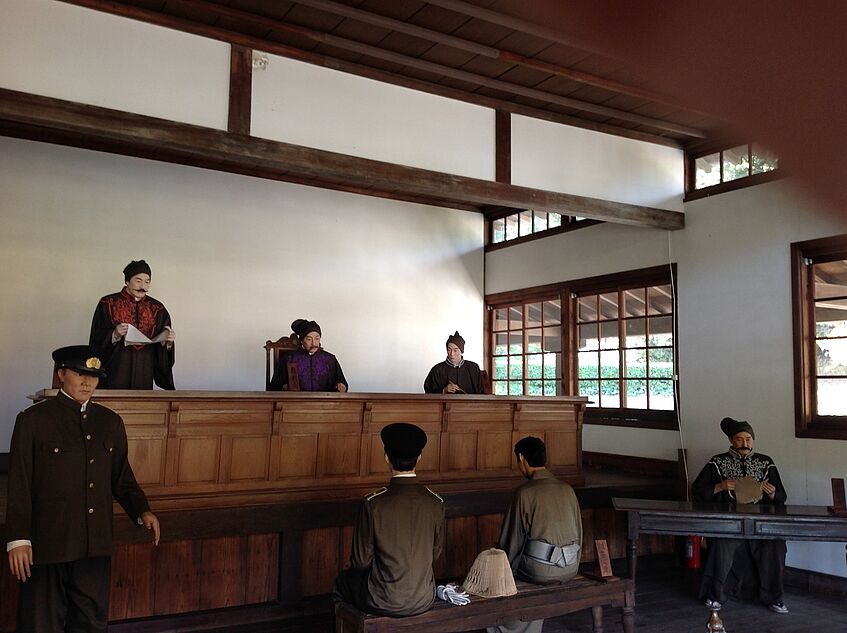
- Completed Research Project by Lena Foljanty
- This project examines how informal judicial norms develop and adapt when legal systems interact across cultures, focusing on 19th-century Germany, France, and Japan. Judges primarily learn legal decision-making through practice rather than written rules, shaping their professional habitus. By analyzing Japan’s radical legal transformation—where French and German legal traditions were integrated following the country's forced opening to Western powers—the research explores how legal practices were envisioned, adapted, and applied. It also compares judicial training and decision-making styles in France and Germany. Methodologically, the project moves beyond intellectual history to a practice-based approach, engaging with cultural and translation studies to analyze how legal cultures and methods co-evolve.
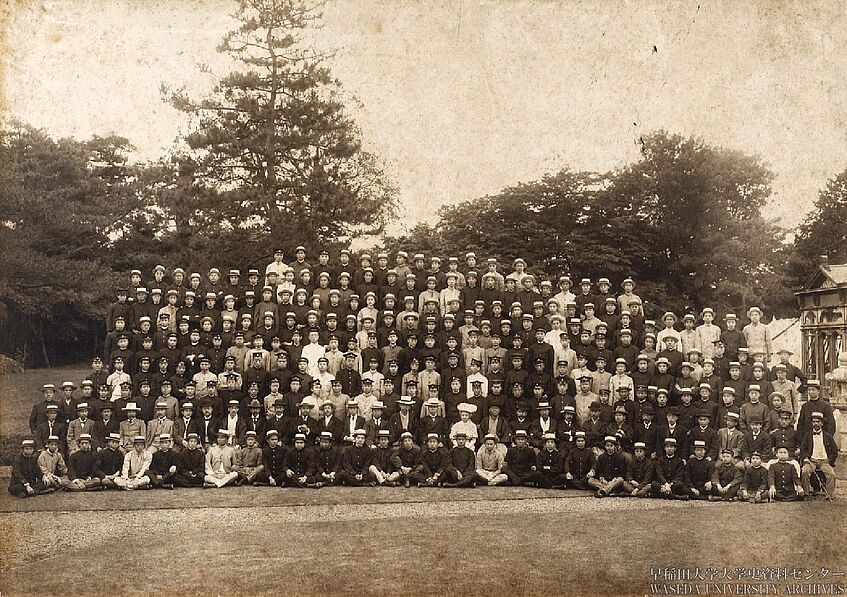
- Research Project by Egas Bender de Moniz Bandeira
- This project examines the influence of Japan on the development of modern legal professions in early 20th-century China, focusing on Chinese students who studied law in Japan. Upon their return, these students played key roles in China's political, bureaucratic, and legal systems. By analyzing memoirs, school records, and periodicals, the research traces the career paths of China's first modern lawyers, highlighting how education abroad shaped their professional identities and how they navigated the intersection of their foreign experiences and Chinese upbringing. It also explores how female lawyers adapted to the male-dominated legal profession in the Republic of China.
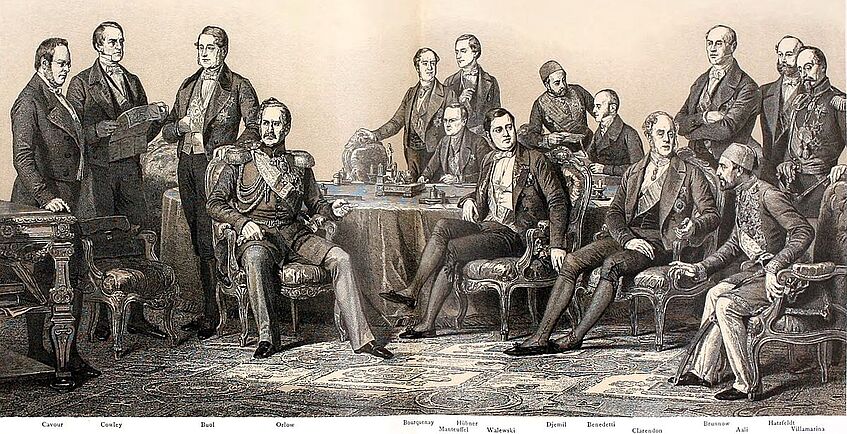
- Research Project by Zülâl Muslu
- This project examines the role of consuls in the implementation of extraterritoriality in 19th-century semi-colonial countries like Japan, China, and the Ottoman Empire. While much scholarly focus has been on the broader application of extraterritoriality, this research highlights the consul’s unique position at the intersection of diplomacy, law, trade, and culture. Through a comparative analysis of two British consuls with careers across these regions, the project explores how consuls influenced the spread and legitimization of Western legal systems. It also critically engages with the impact of acculturation, resistance, and legal professionalization on local normative production, contributing to both legal transfer studies and debates on extraterritoriality.
